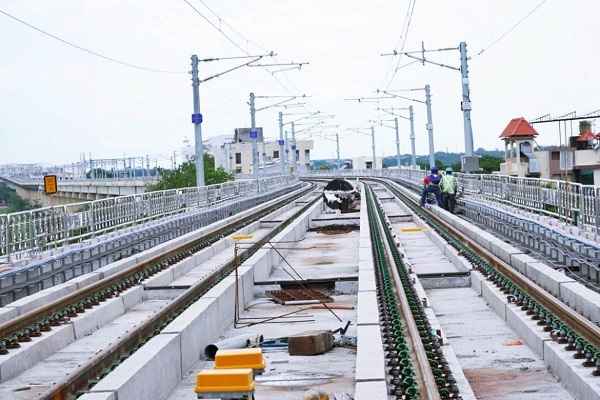 Jindal Stainless to expand its global production capacity by investing ₹5,400 crore
Jindal Stainless to expand its global production capacity by investing ₹5,400 crore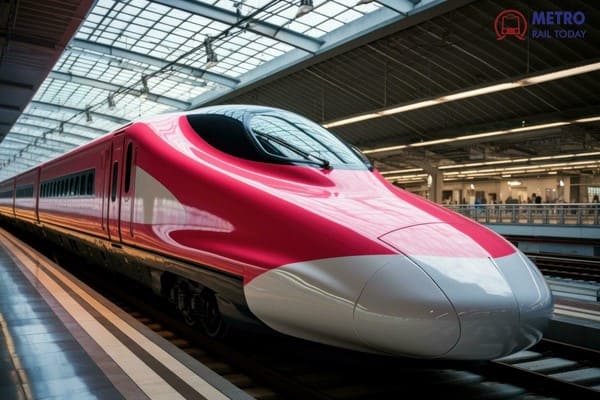 Revolutionizing Rail Construction: Inside India's Cutting-Edge Bullet Train Project
Revolutionizing Rail Construction: Inside India's Cutting-Edge Bullet Train Project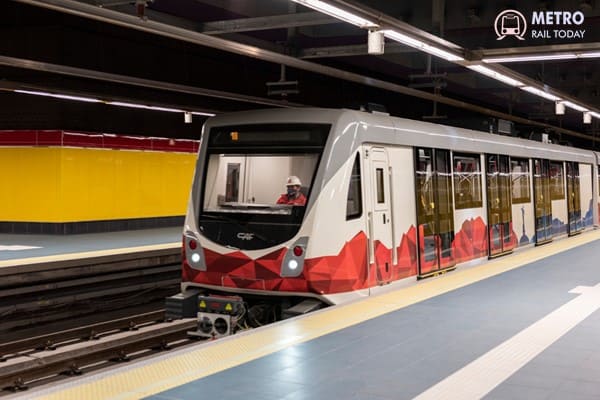 List of Operational Metro Rail Systems in the World - Quick Snapshot (2024)
List of Operational Metro Rail Systems in the World - Quick Snapshot (2024)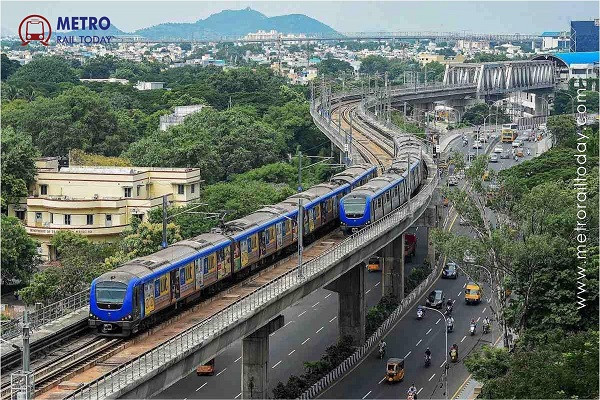 Sam India commences construction work on Chennai Metro Corridor 3
Sam India commences construction work on Chennai Metro Corridor 3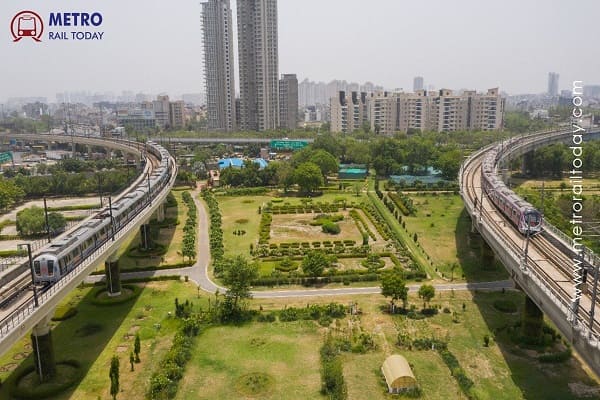 30 Years of Delhi Metro: Transforming Urban Transportation in National Capital Region
30 Years of Delhi Metro: Transforming Urban Transportation in National Capital Region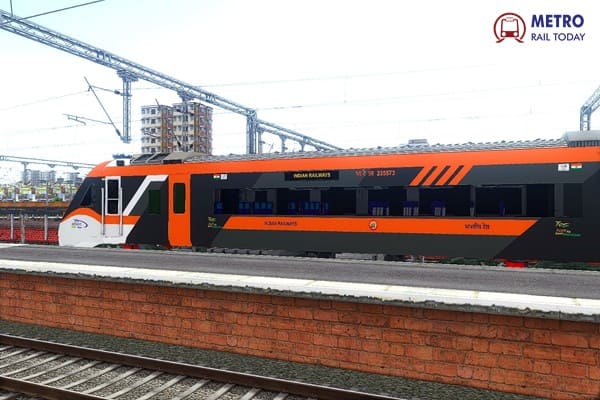 India Unveils First Vande Metro Train - Know All About
India Unveils First Vande Metro Train - Know All About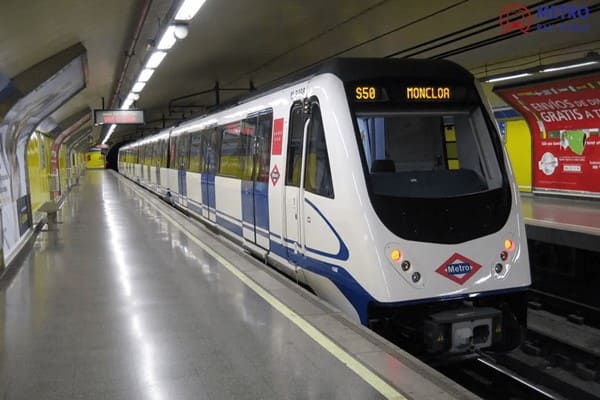 CAF awarded €450 million order to supply 40 new six-car trains to Madrid Metro
CAF awarded €450 million order to supply 40 new six-car trains to Madrid Metro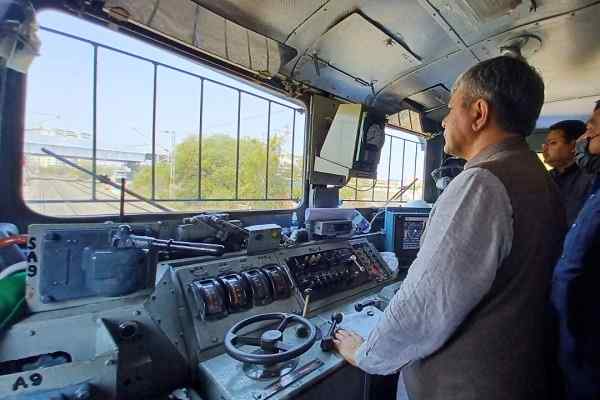 RailTel signs MoU with Quadrant to advance KAVACH implementation in Indian Railways
RailTel signs MoU with Quadrant to advance KAVACH implementation in Indian Railways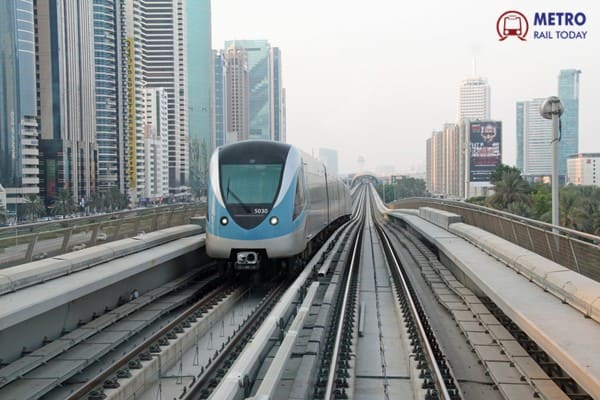 BHEL join hands with HIMA Middle East for strengthening Railway Signalling Business
BHEL join hands with HIMA Middle East for strengthening Railway Signalling Business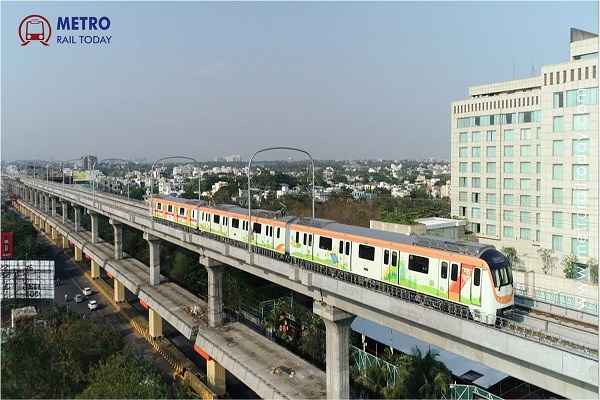 Maha Metro to appoint consultant for carbon credits for Nagpur and Pune Metro Projects
Maha Metro to appoint consultant for carbon credits for Nagpur and Pune Metro Projects
Indian Metro Rail Systems need to become financially sustainable
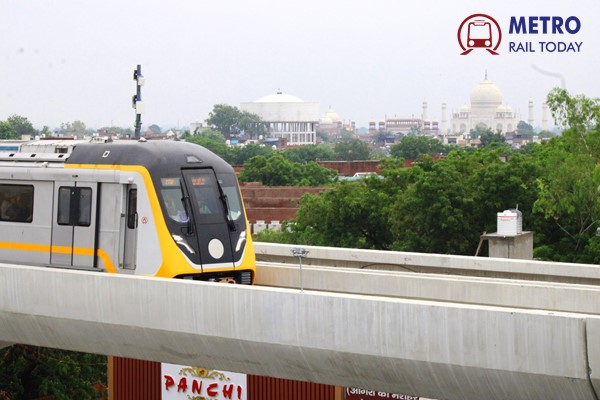
India's rapidly expanding metro rail network has undoubtedly transformed the country's urban transportation landscape. However, the financial sustainability of these ambitious projects has emerged as a critical concern. Despite significant investments and advancements, the lack of periodic fare adjustments has led to a gradual decline in real revenues, exacerbating the financial strain on these vital systems.
A Call for Comprehensive Reforms
In a bid to address the existing financial challenges and ensure the long-term viability of India's metro rail systems, a comprehensive institutional and policy framework is imperative. The recommendations put forth by The Infravision Foundation (TIF) and IIM-Ahmedabad in their recent research paper shed light on the crucial steps necessary to guarantee continued political and social support, effectively aligning these systems with their intended objectives.
Importance of Regular Fare Adjustments
One of the core aspects highlighted in the study emphasizes the significance of regular fare adjustments, underscoring the need for a systematic and formula-based approach to ensure that fares remain reflective of the real value. By establishing an independent metro fare regulation committee and leveraging India's expertise in determining user charges for infrastructure assets, it becomes feasible to enhance the financial sustainability of these networks.
Exploring New Revenue Streams
The proposition to explore innovative funding sources beyond traditional fare intake and non-fare revenues becomes a critical component in alleviating the financial burden. The concept of appropriating part of the property value gains from investments, redirecting funds from green investments, and leveraging fiscal tools like taxes aligns with the goal of augmenting the financial resources required for sustainable operations.
Leveraging Non-Fare Revenue Sources
In addition to fare-based initiatives, the research paper advocates for the exploration of non-fare revenue sources, highlighting the potential of land value capture mechanisms, taxes and fees on carbon-intensive transportation modes, and carbon and emission-related taxes. These avenues, when effectively leveraged, can significantly contribute to the financial sustenance of metro rail systems.
Building a Unified Framework
To ensure a holistic approach towards financial sustainability, the establishment of unified metropolitan transport authorities (UMTAs) emerges as a critical structural change. By embracing the UMTA 2.0 model, these authorities can serve as the integral planners, owners, builders, and operators of the transportation systems within their jurisdictions, fostering accountability and streamlining operations for enhanced efficiency.
Conclusion
In conclusion, the sustainable development of India's metro rail systems necessitates a strategic and multi-faceted approach, encompassing regular fare revisions, the exploration of diversified revenue streams, and the implementation of a unified metropolitan transport framework. By adhering to these recommendations, India can ensure the enduring success and effectiveness of its growing metro rail network.




